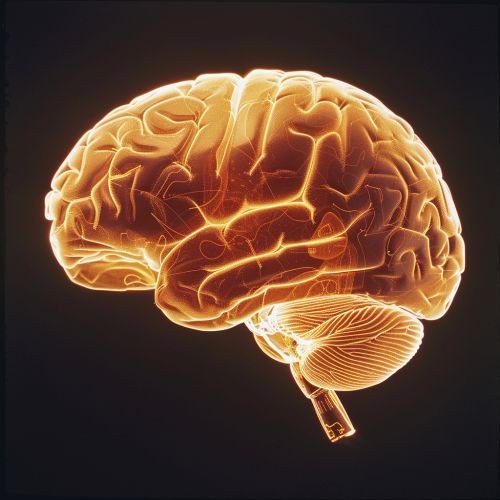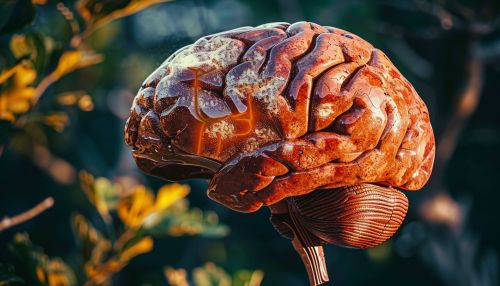Recall (Memory)
Overview
Recall in memory is the retrieval of events or information from the past. It is one of the three main processes of memory, along with encoding (the process of getting information into memory) and storage (the process of keeping information in memory). Recall is often contrasted with recognition, which is the ability to identify previously encountered events or information.
Types of Recall
There are three main types of recall: free recall, cued recall, and serial recall.
Free Recall
Free recall is a basic paradigm in psychological experiments. In this type of recall, a subject is presented with a list of items to remember and then is tested by being asked to recall them in any order (hence the name "free"). The items may be words, numbers, or pictures. The subject is free to recall the items in any order they choose.
Cued Recall
In Cued recall, the subject is presented with cues to aid the recall of previously learned information. The cues may be semantic, such as a category name, or associative, such as a word that was presented in the same context as the target word.
Serial Recall
Serial recall involves remembering items or events in the order in which they occurred. This type of recall is often used in studies of short-term and working memory.
Theories of Recall
Several theories have been proposed to explain the process of recall.
Dual-Store Model
The Dual-store model of memory, proposed by Atkinson and Shiffrin, posits that information is stored in two separate memory stores: a short-term store and a long-term store. According to this model, recall involves retrieving information from the long-term store and bringing it into the short-term store.
Levels of Processing Model
The Levels of processing model proposed by Craik and Lockhart suggests that the depth of processing of information at the time of encoding influences the likelihood of its recall. According to this model, deeper levels of processing, such as semantic processing, result in better recall than shallower levels of processing, such as phonological or orthographic processing.
Retrieval Failure Theory
The Retrieval failure theory, also known as the decay theory, posits that information in memory fades over time unless it is actively rehearsed. According to this theory, failure to recall information is due to the decay of memory traces.
Factors Affecting Recall
Several factors can affect the process of recall.
Primacy and Recency Effects
The primacy effect and recency effect refer to the finding that, in a list of items, the first few items (primacy) and the last few items (recency) are more likely to be recalled than the items in the middle.
Context-Dependent Memory
Context-dependent memory refers to the phenomenon that recall is better when the context at the time of recall matches the context at the time of encoding.
State-Dependent Memory
State-dependent memory refers to the phenomenon that recall is better when the individual's state at the time of recall matches the state at the time of encoding. This can refer to physiological state (such as being on a certain drug) or psychological state (such as mood).
Measuring Recall
Recall can be measured using various methods, including recall tests, recognition tests, and relearning tests.
Recall Tests
In a Recall test, the subject is asked to recall as many items as possible from a previously presented list. The number of correctly recalled items is used as a measure of recall.
Recognition Tests
In a Recognition test, the subject is presented with a list of items and asked to identify which ones were previously presented. The number of correctly recognized items is used as a measure of recall.
Relearning Tests
In a Relearning test, the subject is asked to learn a list of items that was previously learned. The amount of time or number of trials it takes to relearn the list is used as a measure of recall.
Applications of Recall in Everyday Life
Recall plays a crucial role in our everyday life. It allows us to remember important information such as names, facts, and events. It is also essential for tasks that require the retrieval of information from memory, such as problem-solving and decision-making.
See Also


